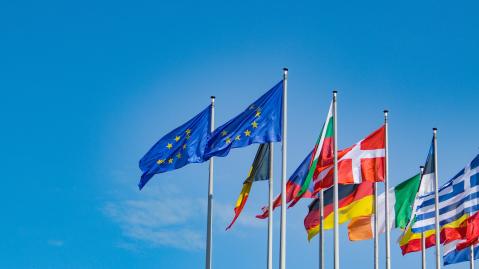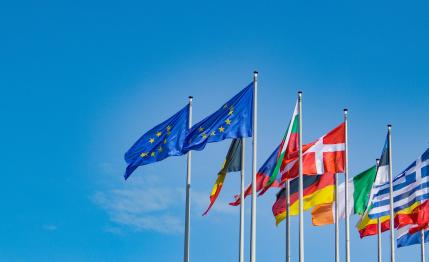
On 15 December 2016, the Members of the European Parliament (MEPs) Committee on Environment, Public Health and Food Safety (ENVI) adopted the legislative report on proposals for the post-2020 reform of the European Union (EU) Emissions Trading System. The report passed with 53 votes in favor, five against and seven abstentions. Compared to the European Commission’s legislative proposal of a linear reduction factor (LRF) of 2.2%, MEPs supported a more ambitious tightening of the ETS cap with a LRF of 2.4%. The ENVI report also backs the permanent cancellation of 800 million of the allowances held in the Market Stability Reserve (MSR) in 2019. Moreover, in order to more quickly reach scarcity on the carbon market, it advocates for doubling the rate at which the MSR can withdraw allowances from the market from 12 to 24% for the period 2019-2022.
MEPs voted to auction 57% of the total allowances, with a possibility to decrease this share by five percent should additional free allowances be required to address carbon leakage concerns. If this decrease does not occur, up to 200m allowances from the auctioned allowance share may be cancelled. The report also supports the Commission’s original proposal for a binary carbon leakage list using the same thresholds. Carbon leakage sectors are to receive 100% free allocation, 30% free allocation is also earmarked for the district heating sector (despite not being on the carbon leakage list) while remaining sectors will receive no free allocation. Free allocation would also be based on more recent production and emissions data to calculate the benchmarks, for instance, applying 2016-2017 emissions data to calculate the benchmarks for allocation during 2021-2025.
Additional allowances from Phase IV would also be set aside for the New Entrants Reserve (400m) and the Innovation Fund (600m). A Just Transition Fund sourced by two percent of the auction revenue and an Indirect Cost Fund funded by three percent of the cap to help sectors deal with carbon leakage as a result of indirect costs also received the support of the ENVI committee.
Members also proposed a scheme for certain imported goods (explicitly listing the cement and clinker sectors) that would subject importers to EU ETS compliance obligations. The report also addresses the international aviation and shipping sectors, proposing a 10% decrease in the allowances allocated to the domestic aviation sector as of 2021 followed by an annual decline in line with the EU ETS cap trajectory. As of Phase IV, half of the total number of aviation allowances would also be auctioned. The report calls on the Commission to include international aviation under the EU ETS, with adjustments made for any International Civil Aviation Organization (ICAO) measures in 2019. With regards to shipping, MEPs supported its inclusion in the EU ETS in 2023 should no global measure be in place for the sector by then.
The European Parliament will vote on the report in February 2017. Following this, trilogue negotiations with members of the European Parliament, the Council of the European Union and Commission will commence.

